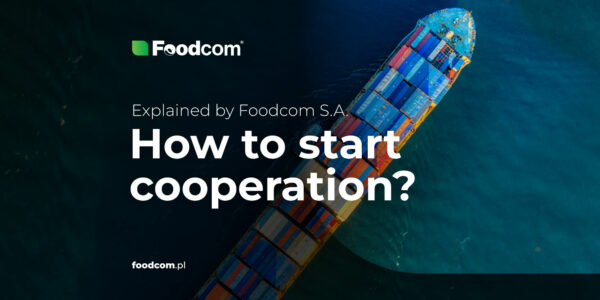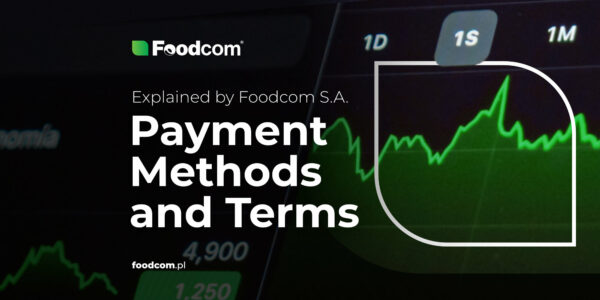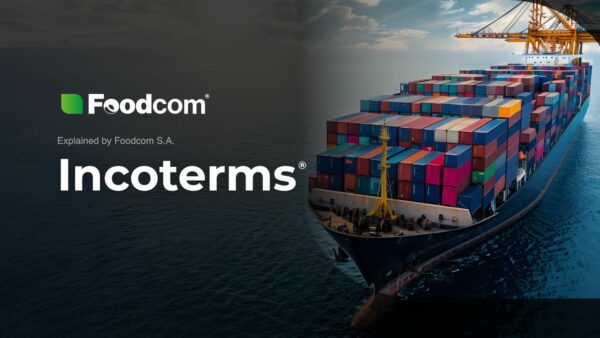VAT – what is it?
In the context of Foodcom S.A.’s operations, “VAT” stands for Value Added Tax. VAT is a consumption tax levied on the value added to goods and services at each stage of production or distribution. It is ultimately borne by the end consumer and collected by businesses on behalf of the government. VAT is a crucial component of the fiscal system in many countries and plays a significant role in generating revenue to fund public services and government functions.
Businesses engaged in cross-border trade often require a VAT number, which is a unique identifier issued by tax authorities. This number is used to track VAT transactions, both domestically and internationally. VAT numbers are essential for proper invoicing, reporting, and compliance with tax regulations. Foodcom S.A. ensures that it holds the necessary VAT numbers in all the regions it operates to facilitate smooth international trade and adherence to local tax laws.
Most common questions
1. How does VAT work in the context of B2B transactions?
In B2B transactions, VAT typically applies at each stage of the supply chain, from the manufacturer to the distributor to the retailer. Businesses collect VAT on their sales, and they can also claim back the VAT they paid on their purchases. This ensures that the tax burden ultimately falls on the end consumer, rather than accumulating at each stage of production.
2. What is the VAT rate, and does it vary by country?
The VAT rate and rules vary significantly from country to country. Each country sets its own VAT rates, exemptions, and thresholds. Some countries have a single, uniform VAT rate, while others may have multiple rates for different types of goods and services.
3. How do businesses ensure compliance with VAT regulations?
Businesses must register for VAT, charge the appropriate VAT rate on their sales, maintain accurate records of transactions, and submit periodic VAT returns to tax authorities. Compliance with VAT regulations is crucial, as failure to do so can result in penalties and legal consequences.
4. Can businesses reclaim VAT on all their expenses?
Businesses can generally reclaim VAT on expenses that are directly related to their economic activities. However, there are often restrictions and rules regarding what can be claimed, and businesses must provide documentation and evidence to support their claims.
5. How does Foodcom S.A. handle VAT in its international trade operations?
Foodcom S.A. is committed to complying with VAT regulations in all the countries it operates in. The company maintains meticulous records, ensures proper VAT invoicing, and works closely with tax authorities and financial experts to ensure accurate VAT reporting and compliance with local tax laws.





